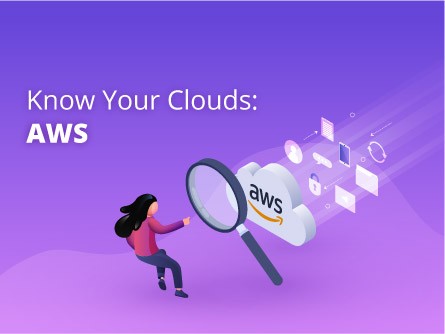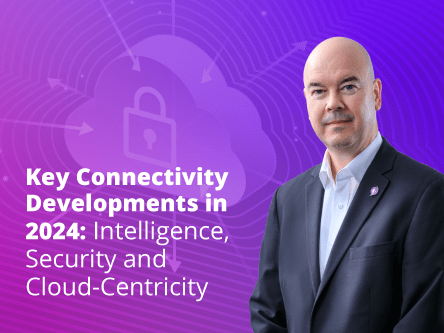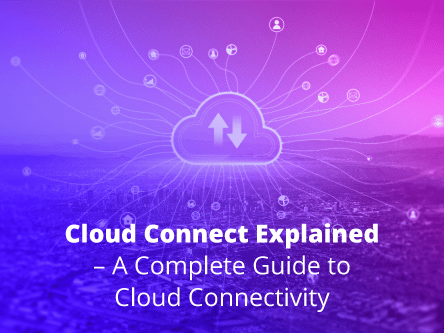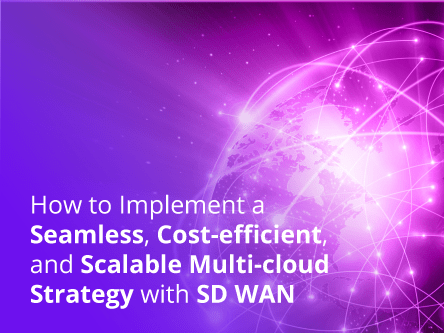As of May 2021, Amazon Web Services (AWS) commanded 32% of the public cloud market worldwide, making it the leading player compared to Azure (19%) and Google Cloud (7%).
Launched in 2006, AWS practically launched the concept of cloud service providers offering Infrastructure-as-a-Service (SaaS) back when cloud computing was still not established as a mainstream alternative to on-premises infrastructure or data centres.
The platform is known for its aggressive expansion and regular price drops. This built up a large user base that in turn funded ever-increasing upgrades and improvements that keep the platform relevant despite stiff competition starting in 2010.
Since its launch, the cloud platform has grown from being just an infrastructure platform for developers into a global ecosystem providing Compute, Storage, Networking, Database, IAM, Application services, automation and other services.
Big-name users:
Adobe, Airbnb, Alcatel-Lucent, AOL, Autodesk, BMW, Canon, Comcast, Disney, Docker, Dow Jones, ESPN, Expedia, General Electric, Harvard Medical School, Hitachi, IMDb, International Civil Aviation Organization, Johnson & Johnson, JWT, Kellogg’s, Lamborghini, McDonalds, NASA, NASDAQ OMX, Netflix, Nokia, Nordstrom, Novartis, Pfizer, Philips, Reddit, Samsung, SAP, Schneider Electric, Siemens, Sony, Spotify, Tata Motors, Time Inc., Ubisoft, Unilever, US Department of State, USDA Food and Nutrition Service, UK Ministry of Justice, Vodafone Italy, WeTransfer, Xiaomi
Why choose Amazon Web Services
Key strengths
AWS currently offers the broadest range of services as listed above, with over 175 services covering 14 services and counting. Besides offering the broadest range of interconnected services at aggressive and flexible pricing (including per-second pricing for EC2 and EBS services), it has a good reputation for customer service level despite its huge user base, as well as its affinity with open source development since inception.
Key services
- Foundational services:
- Database services:
- Management services:
What is AWS Direct Connect?
Overview
AWS Direct Connect is a private, high-performing connection that connects on-premises data centres and enterprise network to AWS cloud resources. This dedicated connection reduces network egress costs while providing businesses with a more consistent, reliable connection than Internet-based options.
Direct Connect is compatible with all AWS cloud services that are accessible over the Internet, and is available in speeds starting at 50Mbps and scaling up to 100Gbps.
With Direct Connect, you can create virtual interfaces directly to public services such as Amazon S3 or to Amazon VPC (Virtual Private Cloud), where you can launch AWS resources in a logically isolated virtual network.
Direct Connect bypasses the public internet, but it does so only if the customer is colocated with an existing Direct Connect location or has access to an Direct Connect partner such as Epsilon. Through its interconnection fabric, the latter can provide access to AWS infrastructure over a dedicated link.
How Direct Connect works

- In terms of data security, data in transit is protected by point-to-point encryption features such as IEEE 802.1AE (Macsec). AWS Site-to-Site VPN connections are protected by IP Security.
- Direct Connect makes it easy to establish a dedicated network connection from your premises to AWS.
- Direct Connect allows you to establish a private connection between AWS and your data centre, office, or colocation environment. This can increase bandwidth throughput and provide a more stable network experience than public Internet-based connections.
- Transferring data out of AWS with Direct Connect is also charged at reduced data transfer rate. This is an ideal choice for organisations frequently moving workloads in and out of the cloud. Additionally, Direct Connect is compatible with all AWS services accessible over the public internet.
- A private connection gives you the peace of mind that your data is protected in transit by taking advantage of Direct Connect encryption options.
- 10Gbps and 100Gbps connections offer native IEEE 802.1AE (MACsec) point-to-point encryption at select locations. AWS Site-to-Site VPN connections using IPsec (IP security) are also available and can be used with any Direct Connect connection.
Dedicated connectivity also gives you much more flexibility. Multiple connection speeds and delivery options are available in order to support a wide range of scenarios. Dedicated Connections create a link to AWS using a 1Gbps, 10Gbps, or 100Gbps Ethernet port, while hosted connections are provided by Direct Connect Partners such as Epsilon using pre-established network links up to 10Gbps.
Benefits of Direct Connect via Epsilon
- Platform enabled
Our Network-as-a-Service (NaaS) platform Infiny provides flexibility in implementation & operation, allowing customers to have the full control of the Direct Connect lifecycle. - A complete cloud journey
We support our customers’ cloud journey from direct connect to cloud networking. With cloud networking, we integrate with AWS native networking construct such as Direct Connect & Transit Gateway to deliver a simple and powerful solution. - Expertise in AWS Direct
We have partnered with AWS on dedicated connectivity for more than 6 years and have been recognised as a Direct Connect service delivery launch partners since 2019. - Quality of Service
We can guarantee the performance of our services connecting to Direct Connect via our ethernet fabric. Our SLA ensures up to 99.95% availability and we are MEF-certified for reliability and flexibility.
How to use Epsilon Infiny to connect to AWS
- What you need:
- AWS account
- Epsilon Port with cabling or last mile Access to your equipment (purchase from Infiny if you don’t have one)
- Steps on AWS Console:
- Create a connection -> Connection settings
- Name
- Location
- Port
- On-premises – Connect through an AWS Direct Connect partner (choose Epsilon)
- Create Connection
- Once processes, download the LOA-CFA
- Create a connection -> Connection settings
- Steps on Infiny
- Add services
- Choose AWS and type of connection
- Customise bandwidth, contract duration and type of network protection
- Order cross-connect
Bonus Guide: How To Directly Connect To AWS Cloud
An overview of cloud connectivity options to Amazon Web Services (AWS) in ASEAN







